The Neighborhood: a Journey to the Core
especiales
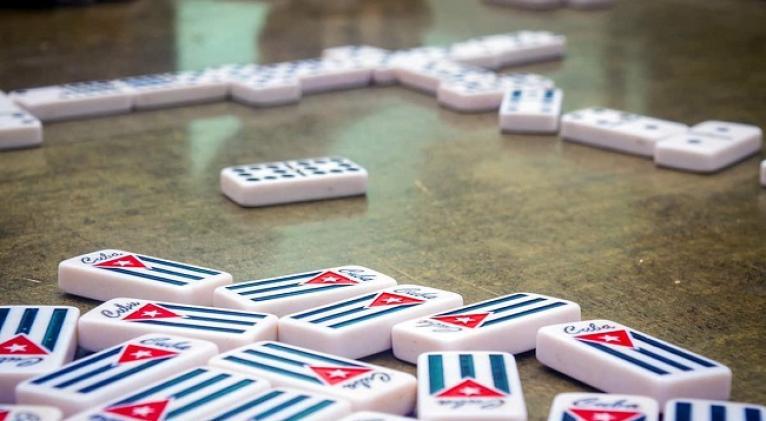
The man who best knows himself is the one who can unfold his potential the most and the same happens with the neighborhoods.
No wonder in many opportunities, especially Cuban historians and educators have insisted on the importance of knowing local history.
But it has been, unfortunately, in small bursts, by seasons, when they have been heard and acted accordingly. Later, the insistence has fallen into oblivion.
Now, the neighborhoods, the communities, are on the spotlight, as it should always have been because it´s precisely there where life is born and grows, where Cuba is truly made day in and day out.
And as part of the efforts to put the neighborhood in its rightful place, it would be good to encourage knowledge of the history of those places to consolidate the senses of belonging.
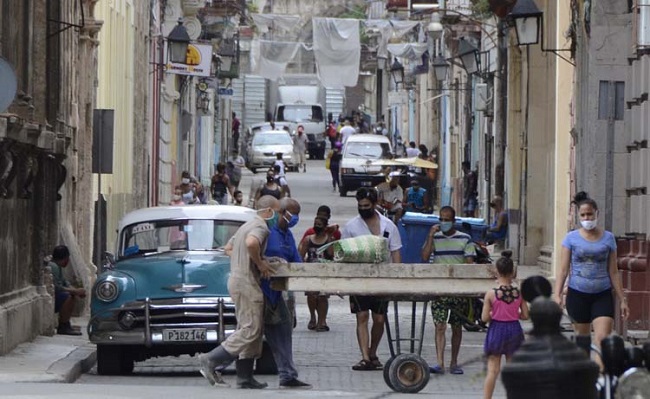
It´s very clear that the first thing is to respond to the pending and accumulated needs because without water, without sidewalks, without a decent roof ... you cannot go around thinking about learning history.
However, now that some of these issues are beginning to be solved, perhaps it would be useful to help each neighborhood get to know each other better.
But it cannot be through indications or orientations. It would be very good to contribute to the awareness of how important it´s to know about the origins, antecedents, consequences, for later, when the real awareness of what is needed arises or is consolidated, then start to learn.
And among the first issues that will surely surface will be the value of autonomy, consensus, and respect for neighborhood identity. Because history supports it.
Those who in past times fought for the sovereignty of their homeland, to protect or improve it, did so because they felt that way, and organized themselves according to its characteristics and needs.
For this reason, in order for neighborhoods to keep growing, it will be needed to continue doing so as before, listening to their needs, respecting their idiosyncrasies and also preferences because being part of it commits and empowers.
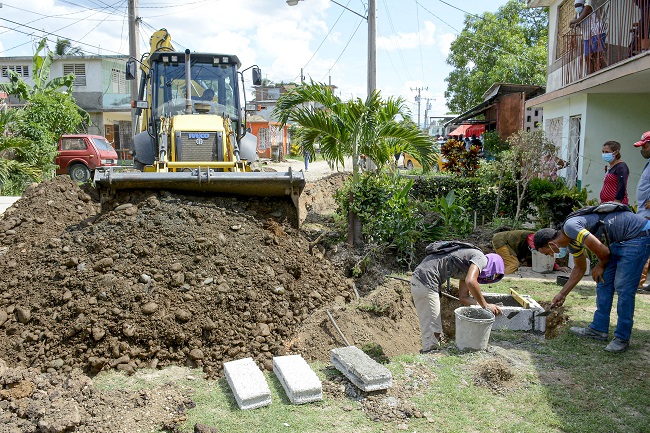
That of "designing" recreational options for the summer or organizing talks or neighborhood-oriented debates "from the top" will contribute little if you don’t really know what the neighborhood needs and expects. Above all from the idea that those who hold responsibilities are public servants, they are in their positions because the neighborhoods, municipalities, provinces wanted it that way.
And for that reason, the neighborhood, the workplace in its radius, the pharmacy, the warehouse or the school don’t have to set up false scenarios on the run, nor clean up in a snap, look for snacks that don’t exist every day, or to accommodate inventories in record time, to receive the visit, the auditors or the inspection.
Because what’s expected, what’s logical, is that, firstly the neighborhood demands itself in its day-to-day life and, above all, acts so that each space in it goes well.
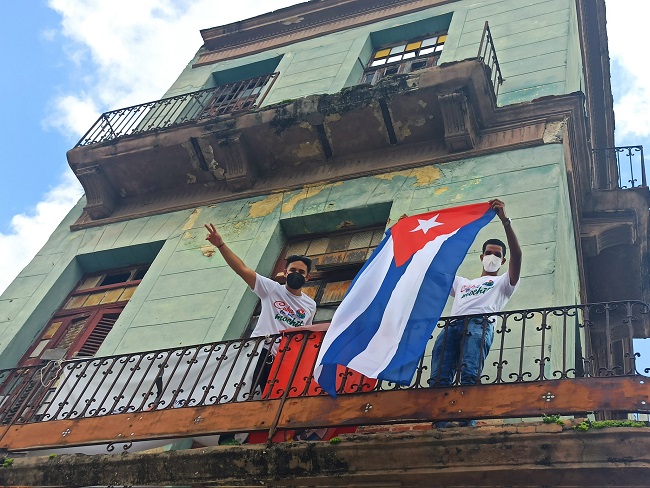
Who better than parents to take an interest in and take action because their children study in a clean and organized school? the same amount of products that entered the warehouse is up on shelves for sale and not a much smaller amount?
Who better than the citizens of a community to denounce that someone is practicing: Do as I say, not as I do, because, for example, they demand austerity and savings while living at home like royalty?
It’s easy to write, but it’s not so easy to put such matters into practice. We must forget schemes, prejudices, inertias... and make room room in this resurgence of science. In this case, social sciences must be given some spa e to help the neighborhood to know itself better and also to "heal itself" because when injuries, nicks, and voids penetrate too deep, they break values and trusts.
is improvement of the quality of life in neighborhoods, especially the most forgotten ones, is a kind of "journey to the core", because, as is well known, in them nests and grows the origins, which makes it grow or destroys it.
No wonder President Miguel Díaz-Canel is at the forefront of these renovations, promoting, raising awareness, transforming.
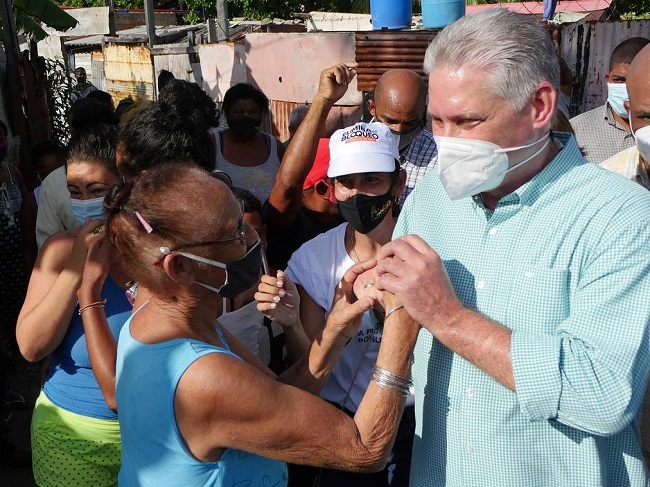
Very recently he asserted, when he exchanged with the presidents of the Municipal Assemblies of People's Power: "To do politics," he explained, "is to determine the contradictions; what are the contradictory problems that we have in society, but to determine the contradictions we must be observing society, you have to be participating with society, you have to be in the places where these contradictions are generated, otherwise we don’t see them.
When we determine the contradictions, we must study them and we must delve into their causes and then propose solutions. But, "who are those proporong the solutions? Those of us on top occupying responsibilities in a certain instance? No. That’s not the People's Power. Determining the contradictions, studying them and delving into their causes, has to be a participatory exercise with the population. From there on the solutions will emerge ”.
Translated by Amilkal Labañino / CubaSí Translation Staff


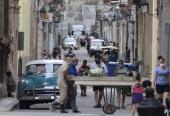
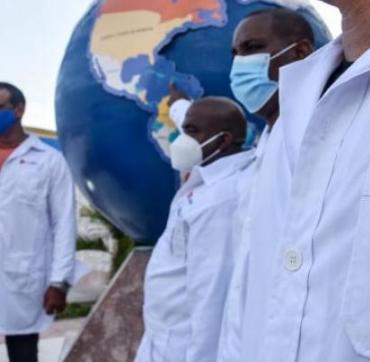











Add new comment